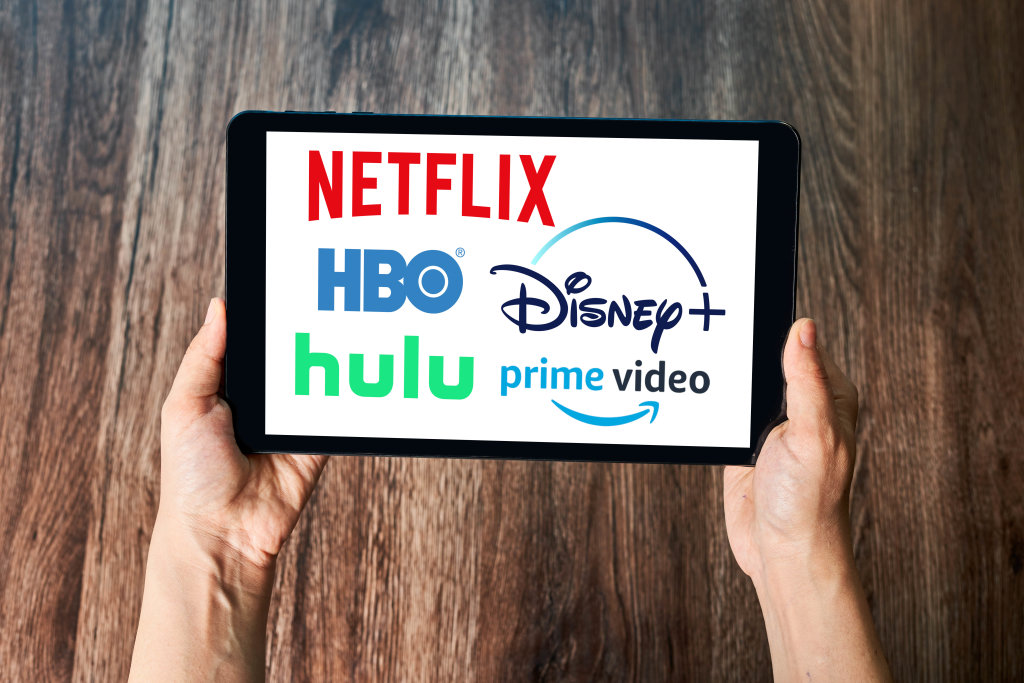Google, Microsoft, and Amazon are three of the largest technology companies in the world, each with their own distinct areas of focus and expertise. Here’s a detailed overview of the differences between these companies:
1. Google:
Core Focus: Google’s core focus is on internet-related products and services, particularly search engine technology and online advertising.
Search Engine: Google is best known for its search engine, which is the most widely used search engine globally. It indexes and organizes information on the internet, making it easily accessible to users.
Advertising: Google’s main source of revenue comes from advertising, primarily through its AdWords and AdSense platforms. These services allow advertisers to promote their products or services on Google’s search engine and partner websites.
Other Services: Google offers a wide range of other services, including Gmail (email), Google Maps, Google Drive (cloud storage), Google Docs (office suite), YouTube (video sharing), Android (mobile operating system), and more.
Research and Development: Google invests heavily in research and development (R&D) projects, exploring areas such as artificial intelligence (AI), machine learning (ML), autonomous vehicles, and healthcare.
2. Microsoft:
Core Focus: Microsoft focuses on software, hardware, and cloud computing services, catering to both consumers and businesses.
Operating Systems: Microsoft is best known for its Windows operating system, which is used on a majority of personal computers worldwide. Windows provides a platform for running various software applications.
Office Suite: Microsoft Office is a popular suite of productivity applications that includes Word, Excel, PowerPoint, and Outlook, among others. It is widely used in business and educational environments.
Cloud Services: Microsoft offers Azure, a cloud computing platform that provides infrastructure-as-a-service (IaaS), platform-as-a-service (PaaS), and software-as-a-service (SaaS) solutions. Azure competes with Amazon Web Services (AWS) in the cloud market.
Gaming: Microsoft owns the Xbox brand, which encompasses gaming consoles, online gaming services (Xbox Live), and game development studios.
Business Solutions: Microsoft provides a range of business solutions, including Dynamics 365 (enterprise resource planning and customer relationship management), SharePoint (collaboration platform), and Teams (communication and collaboration tool).
3. Amazon:
Core Focus: Amazon started as an online marketplace and has since diversified into various areas, with a primary focus on e-commerce, cloud computing, and digital streaming.
E-Commerce: Amazon is one of the largest e-commerce platforms globally, offering a vast selection of products across multiple categories. It enables individuals and businesses to sell their products through its marketplace.
Amazon Web Services (AWS): AWS is a comprehensive cloud computing platform that provides a wide range of services, including computing power, storage, databases, networking, and more. It is a market leader in the cloud services industry.
Digital Content: Amazon offers digital content services, such as Amazon Prime Video (streaming platform for movies and TV shows), Kindle (e-readers and e-books), and Amazon Music (music streaming).
Hardware: Amazon has its own line of hardware devices, including the Kindle e-reader, Echo smart speakers (powered by the voice assistant Alexa), Fire tablets, and Fire TV streaming devices.
Logistics and Delivery: Amazon has developed an extensive logistics network to ensure efficient product delivery, including its own fleet of delivery vehicles and fulfillment centers.
It’s important to note that these companies are highly dynamic and continuously expanding into new areas, so their offerings may evolve over time. Additionally, each company has numerous other products, services, and subsidiaries beyond what is mentioned here.













